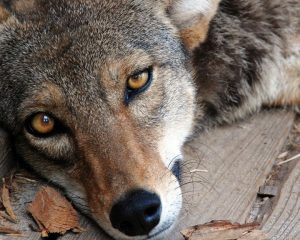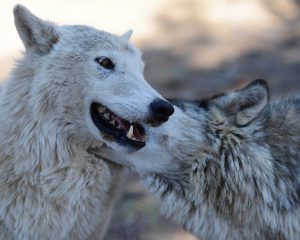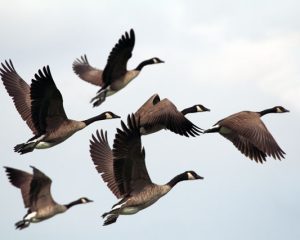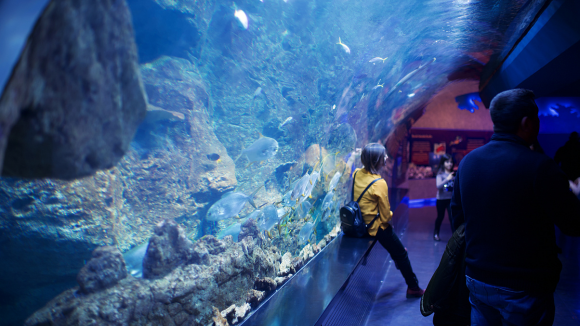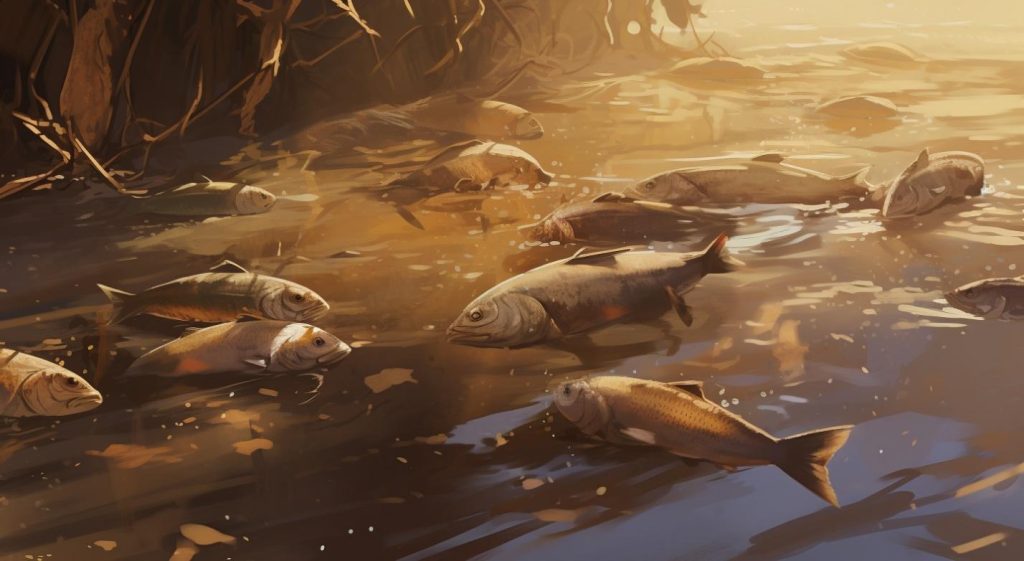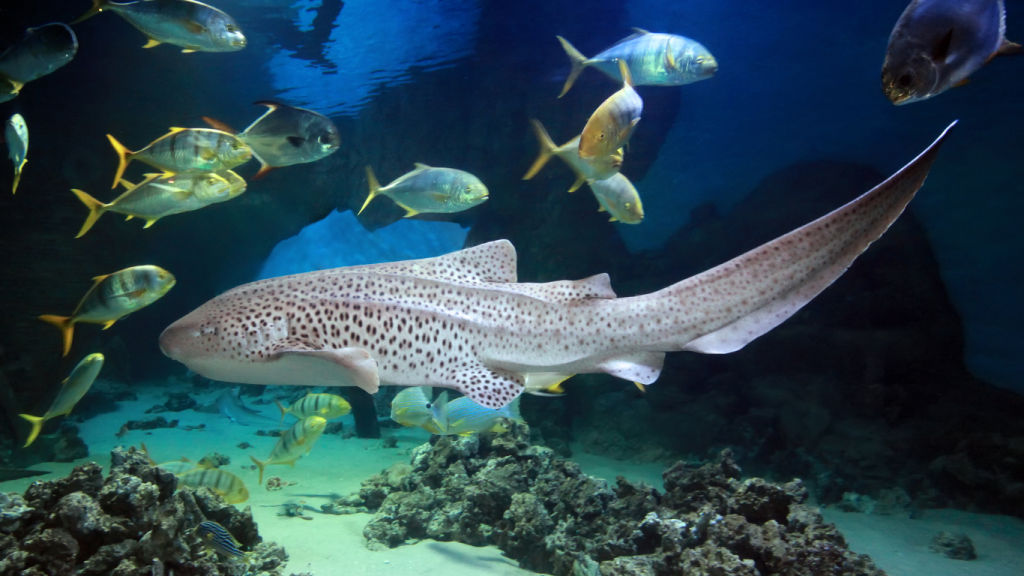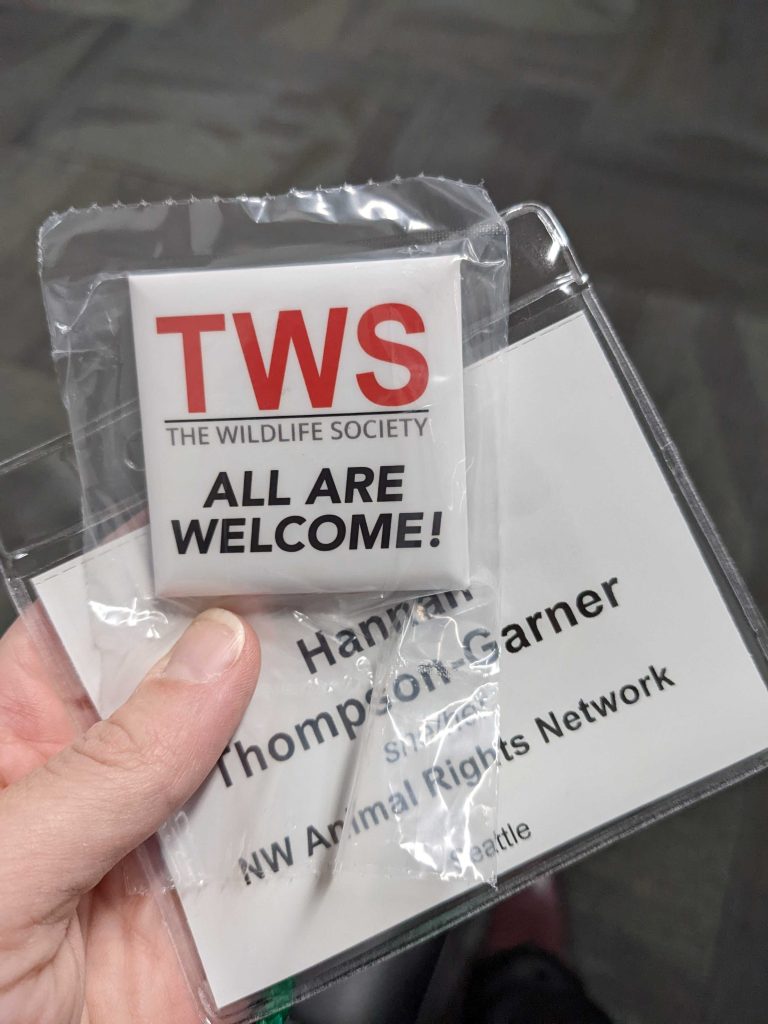The Pacific Northwest is home to thousands of diverse animal species who make our region wild. Thriving wildlife populations indicate healthy forests, grasslands and watersheds.
Pacific Northwest Wildlife
Speaking Up for Wildlife
NARN works to protect the Northwest’s wildlife through advocating for the return of native, keystone species while fighting for habitat protection for their long-term recovery. We also work to highlight the harmful effects that animal agriculture has on native wildlife populations.
We work in coalition with local, regional, and national organizations to bring attention to issues affecting wildlife in the Pacific Northwest.
Join NARN’s Monthly Wildlife Committee!

Register for the next committee meeting here!
Issues
NARN works on fish and wildlife issues by species or by campaign. See our campaigns below, as well as information on the iconic PNW species that we work to protect.
Seattle Shark Tank
No Seattle Shark Tank!
Seattle approved a city budget that dedicates $20 million dollars of taxpayer money to funding an unnecessary, excessive, and unwanted new shark tank at the Seattle Aquarium.
The Seattle Aquarium’s new tropical shark tank is part of the larger waterfront overhaul congesting downtown. In addition to using taxpayer money, the aquarium will likely capture sharks and possibly sting rays from the South Pacific if they can’t find ones from other facilities which have bred them. Sharks and sting rays are complex and intelligent beings who will die young in a tiny tank.
WDFW Fish & Wildlife Reform
The Washington Fish and Wildlife Reform Coalition was formed after NARN and other conservation reform leaders gathered for the first ever Washington Fish and Wildlife Reform Convention, held on Vashon Island, WA, in late 2022. NARN and Coalition members will make a big push for individual-nonhuman-first conservation tactics for all “Fish and Wildlife” nonhuman animals falling under management at the WA State Dept. of Fish & Wildlife (WDFW), directly contradicting current policies within WDFW that promote consumptive priorities for humans over protective and regenerative policies respecting nonhumans’ place in the PNW ecosystem ( true “conservation” policies).



